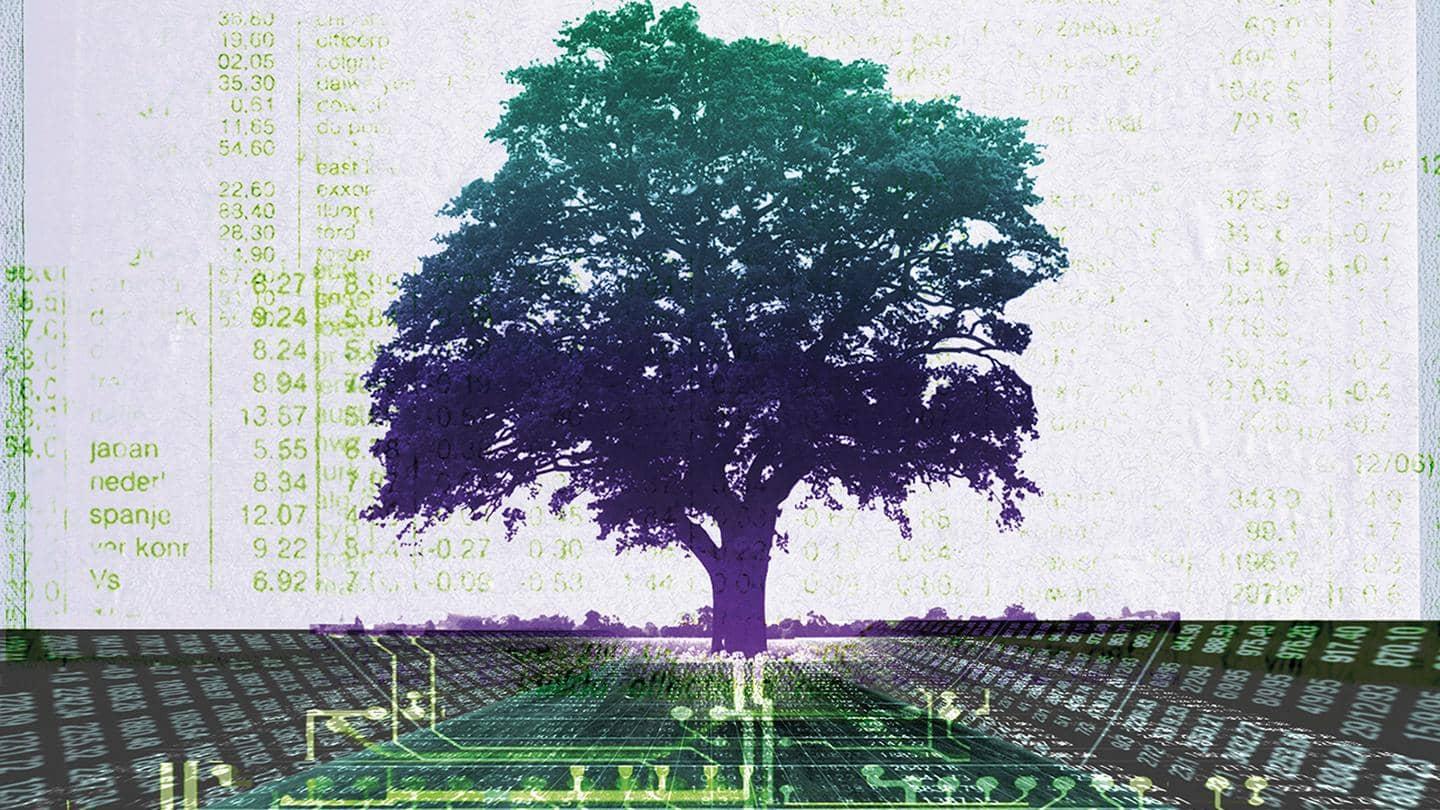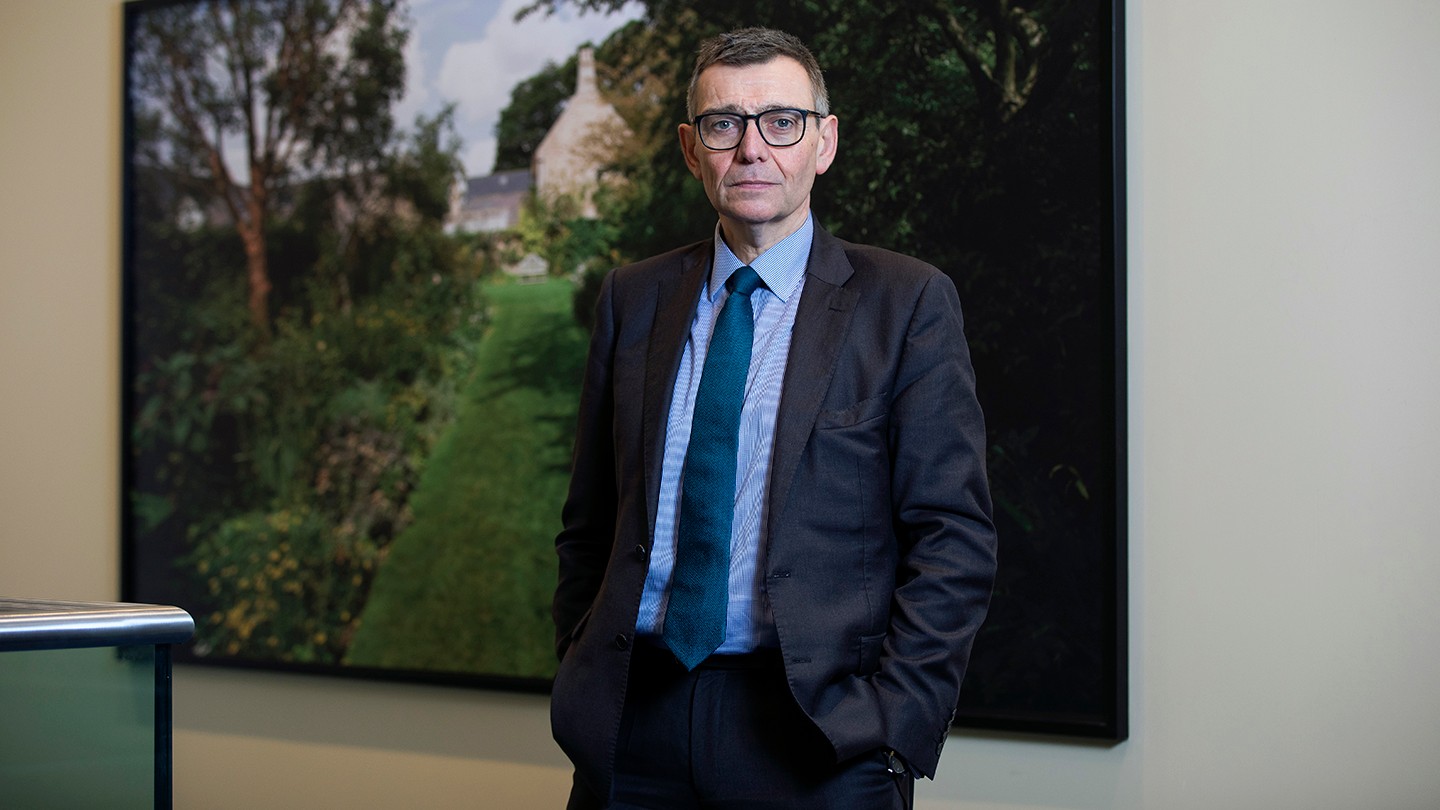
Growth
Insights: how Barclays is “farming the future”
Mark Suthern is Barclays’ National Head of Agriculture. At a challenging time for the sector, he shares his thoughts on why farmers are naturally entrepreneurial, the resilience of the sector – and how Barclays is using agritech teams and other innovations to support the future of UK farming.
I grew up in Shropshire and now live in Lincolnshire. One thing I really care about is a sustainable, dynamic rural economy. I strongly believe we need to remind ourselves of the importance of the rural economy, and agricultural businesses are key to it that.
This is a sector where business owners are devoted and work extraordinarily hard. Farmers need to be ecologists, environmentalists, business managers, computer scientists, vets, agronomists and mechanics – and they still have to get up earlier than anyone else! It’s not an easy sector and you have to admire the patience and resilience of those who work in it.
We’ve been working with agriculture since 1744. The sector is both resilient and innovative. Many farmers come up with their own solutions to particular problems and always have. In other sectors, we would call that entrepreneurialism, in agriculture it’s just “getting on”.

Mark Suthern, Barclays National Head of Agriculture
Agritech specialists
We hear a lot about the Fourth Industrial Revolution, but we are in the middle of an agricultural revolution – the use of big data, robotics and using new types of information to make innovative decisions. By helping clients invest in these technologies, it can give them a more robust business, and a better quality of life.
With agritech, as bankers we can act as a conduit between the farmer or landowner who has a problem and the inventor or entrepreneur offering a solution. By concentrating hard on agritech and keeping on top of all developments, we ensure that we stay relevant when talking to our farming clients. We can also steer entrepreneurs to ensure they’re solving real problems, rather than perceived ones.
We now have a team of specialists focused on agritech and connecting relevant start-ups to the farming community. We’re working really closely with Barclays UK Ventures to establish how we can support the wider sector. Our Eagle Lab ecosystem gives us the chance to join up with different organisations to provide advice, guidance, support and enterprise, enabling them to make a difference. This helps us find the right businesses to help our clients.
Farmers need to be ecologists, environmentalists, business managers, computer scientists, vets, agronomists and mechanics – and they still have to get up earlier than anyone else!
Succession Planning
Data will tell you that the average age of a farmer in the UK is 59. One of the key issues we need to address in the sector is succession. Our campaign “Farm The Future” has stimulated the debate on how we attract new entrants to the sector. I don’t necessarily mean owning a farm, but just working in agriculture. And “working in agriculture” can mean many things, including bringing new thinking and new ideas.
Through “Farm The Future”, we discovered that many young people are attracted to careers that involve problem solving, a healthy, outdoor lifestyle, and working sustainably – all potentially offered by careers in agriculture.
In our own business, we’re taking on a cohort of younger people on an agricultural apprenticeship programme – so we have young people starting a career that will hopefully see them support farmers and go on to be specialists and figureheads for the industry. One of the things I’m very mindful of is running a business where colleagues are genuinely interested in the sector and enjoy providing specialist advice. The challenge here is recruiting the next generation of specialists.
The farmers of the future have to think of potential ways to diversify. What products are they growing and what are the consumer trends? UK farmers have a history of provenance and quality, and that matters to the consumer. The variety of different fresh vegetables on the market, for example, is reacting to consumer demand, and farmers have to be adaptive rather than conservative in their products. Other businesses have diversified into accommodation, camping, shops, sustainable energy supply and forestry – and even a drive-in cinema.
Farming does not have to be about the traditional sectors. If you’re based in a city centre and using LED lights to grow produce using vertical farming, you are still growing produce for consumption. I’m convinced we’ll see significant growth in that sector over the next decades. Again, it’s about being mindful of what the market wants. Barclays’ partnership with Unreasonable Impact ties us into that network of innovations and solutions for the future of food and agriculture.